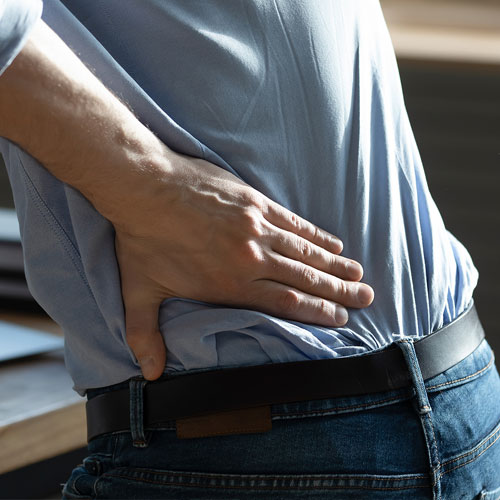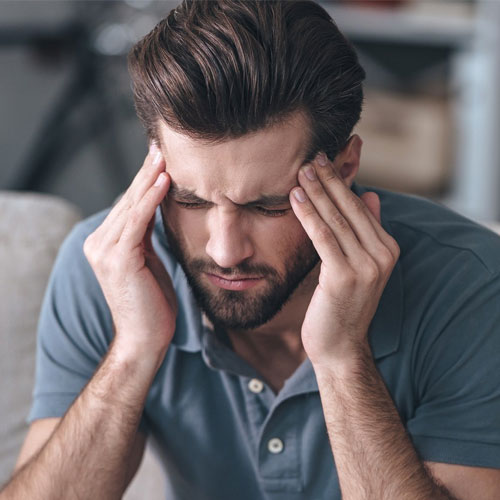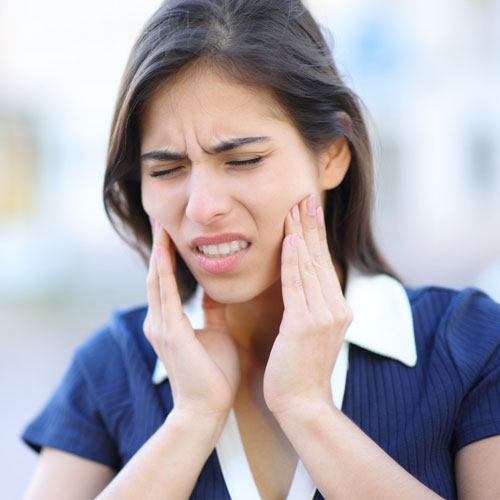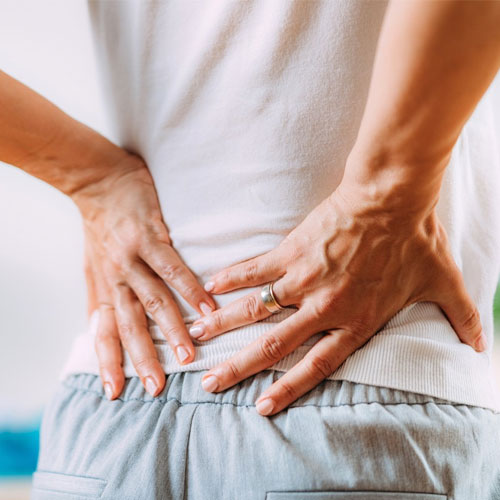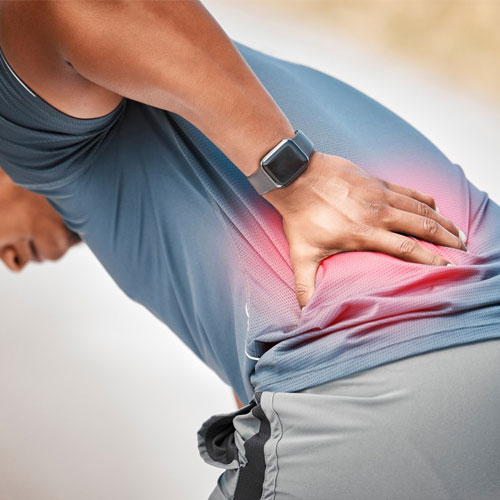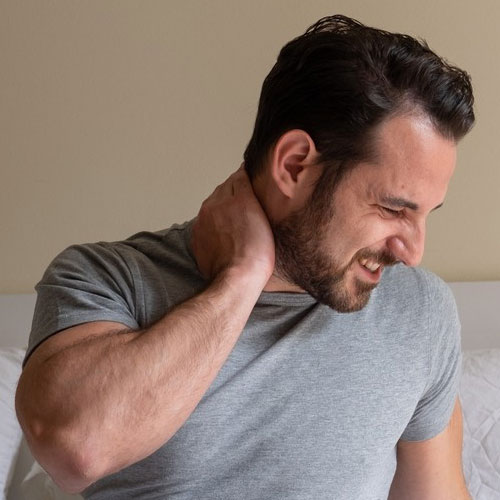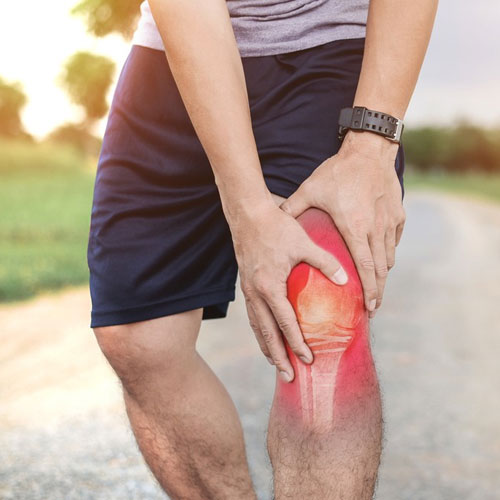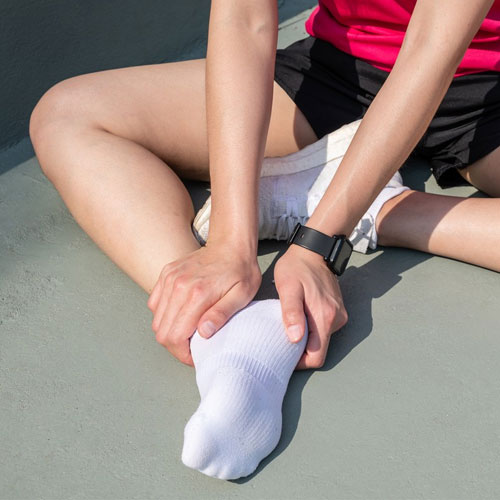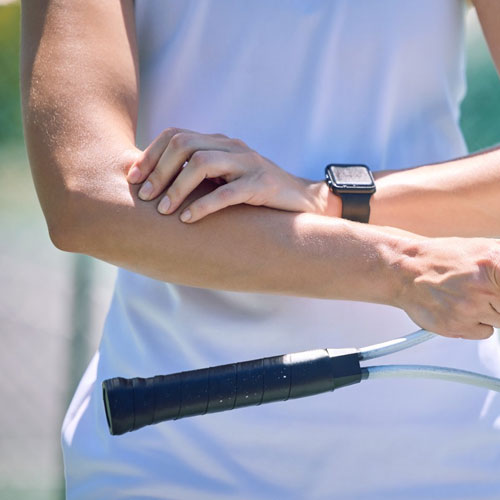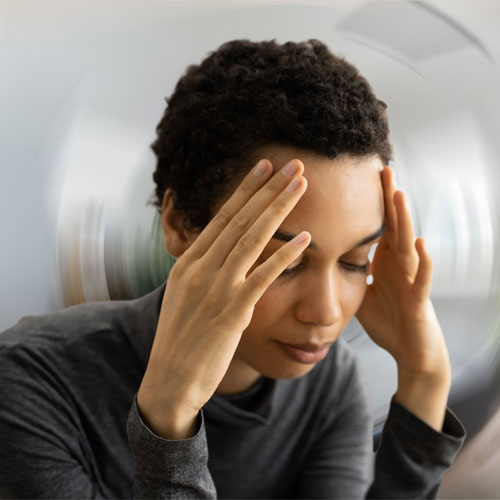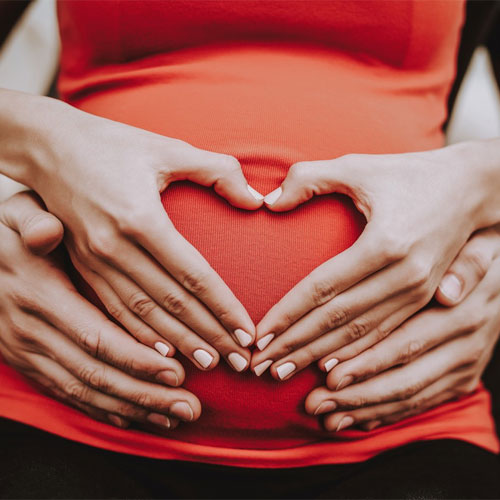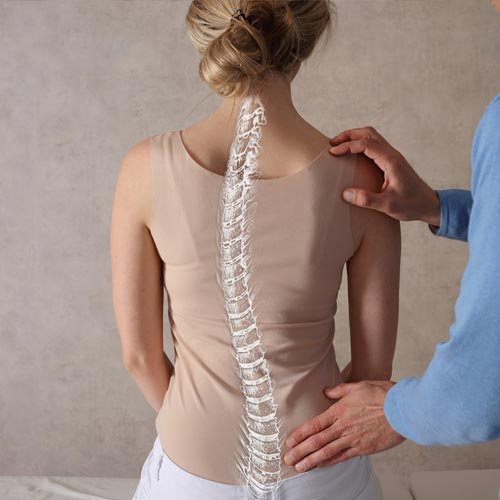Conditions and Injuries We Treat with Chiropractic Care
What is chiropractic care?
Chiropractic care offers a hands-on approach to health, focusing on the body's structure—especially the spine—and its function. We use skilled techniques to adjust and manipulate the spine and other parts of the body, aiming to improve alignment, reduce pain, and enhance overall well-being. This form of care can be helpful for a variety of conditions, from common back and neck pain to headaches and joint problems. Many people find relief from sports injuries and arthritis symptoms through chiropractic treatments. Beyond spinal adjustments, our approach to modern chiropractic care also includes practical advice on exercise, nutrition, and lifestyle changes, providing a well-rounded approach to health. It's a natural, drug-free option for those looking to improve their physical function and manage pain effectively.
What are chiropractic techniques?
Our chiropractic team employs various techniques to address musculoskeletal conditions and injuries. Spinal adjustments, the cornerstone of chiropractic care, involve applying controlled force to joints to improve alignment and mobility. The Graston technique utilizes specialized tools to break down scar tissue and fascial restrictions, promoting healing and flexibility. Spinal decompression therapy uses motorized traction to gently stretch the spine, alleviating pressure on discs and nerves. Shockwave therapy delivers high-energy acoustic waves to stimulate healing in soft tissues, particularly effective for chronic tendon issues. These methods, often used in combination, aim to reduce pain, enhance function, and support the body's natural healing processes, offering patients non-invasive alternatives to traditional medical treatments.

